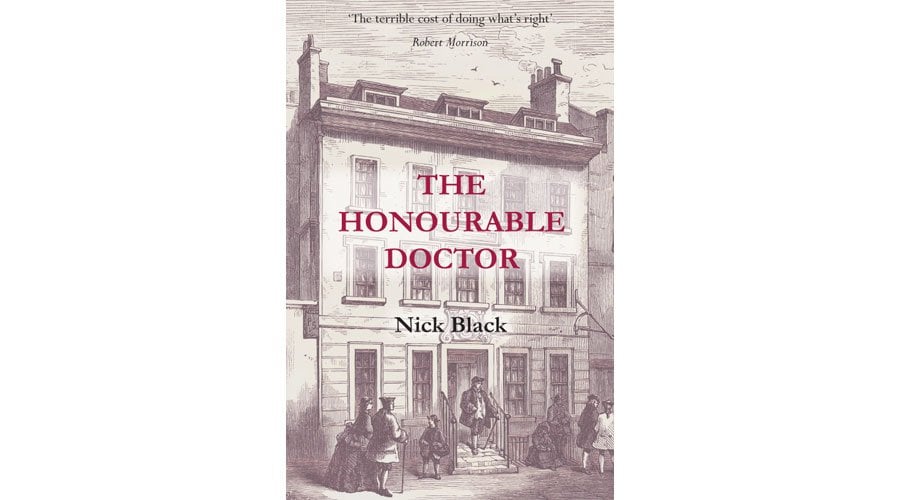Alumni Profile: Professor Nick Black
3 October 2022 London School of Hygiene & Tropical Medicine London School of Hygiene & Tropical Medicine https://lshtm.ac.uk/themes/custom/lshtm/images/lshtm-logo-black.png
Until the 1820s, practitioners and institutions (hospitals, dispensaries, private practices) went unchallenged. Apothecaries, surgeons and physicians were unaccountable for what they did. Arguably the turning point came in 1828 when a surgeon at Guy’s Hospital was accused in court of killing a patient. Never before had the outcome of care been exposed to public scrutiny.
The young apothecary-surgeon (GP) who instigated this momentous event was James Lambert. Like me, you’ll never have heard of him. His extraordinary story and what, with hindsight, could be seen as the start of health services research forms the basis of my first novel. Visit www.nickblackauthor.com to learn more.
We asked Nick how the novel came about:
So why turn to fiction after a career pursuing rigorous, scientific research? Much of what I’ve done has been motivated by the desire to enhance public understanding of health, disease and health care. This started in the 1980s when I was one of the main authors of eight popular Open University books, Health & Disease, and continued in 2006 with Walking London’s Medical History which, through seven walks, reveal how all major health care policies in England have developed. The key aim has always been to reveal the challenges and uncertainties we face.
Throughout, I’ve been drawn to history and how vital it is that we understand the past if we’re to successfully shape the future. Unlike much scientific research, delving into historical records often leaves large areas of blank canvas where, only our imagination can make sense of what happened. After a career of non-fiction publishing, I’ve found the possibilities offered by fiction writing exhilarating and liberating. It’s the final step on my journey to try and increase the public understanding of health care.
“Scrupulous, scientific, tender, revelatory – Nick Black has imagined, with the support of extensive research, an early-19th century medical world that rings true in its depictions of both moral clarity and squalor. A sad yet powerful story.”
- Nick Coleman, The Train in the Night
“Nick Black weaves a pacy narrative through the bitter court cases and rowdy meetings which shaped the 19thcentury world of medical reform. He takes us into the dark alleys, smoky taverns and pungent operating theatres of London in the early 1800s in this fascinating story about a young doctor’s battle to expose surgical blunders, fight medical corruption and defend press freedom.”
- Wendy Moore, The Knife Man
“James Lambert lies forgotten in a graveyard in the Fens. Until now. Amidst the widespread push for political and cultural reform in 1820s’ Britain, Lambert was a key figure in the fight against the medical establishment, and the ways in which it put its own vested interests ahead of science and the welfare of its patients. Elegantly written and rooted in deep historical and medical knowledge, The Honourable Doctor brings vividly into view both the terrible cost of doing what’s right, and the courage and compassion it takes to change the world. I absolutely loved it.”
- Robert Morrison, The Regency Revolution
"A wonderfully fast-paced tale of life and death in the medical, political and scientific world of London in the ferment of the 1820s. Bodysnatching, gore, and the physical and intellectual heroism of those whose courage created a better world, combine into a highly readable and engaging account of the most exciting years in human history."
- Druin Burch, Digging up the Dead